Using shrubs, trees and plants native to the Mediterranean and imaginative landscaping to produce hills and valleys, caves, streams, waterfalls and lakes, Biopark Fuengirola has created realistic simulations of areas of Madagascar, rainforests in Equatorial Africa, and tropical forests of Southeast Asia and the islands of the Indo-Pacific
By Nick Nutter | Updated 29 Aug 2022 | Málaga | Places To Go |
Login to add to YOUR Favourites or Read Later
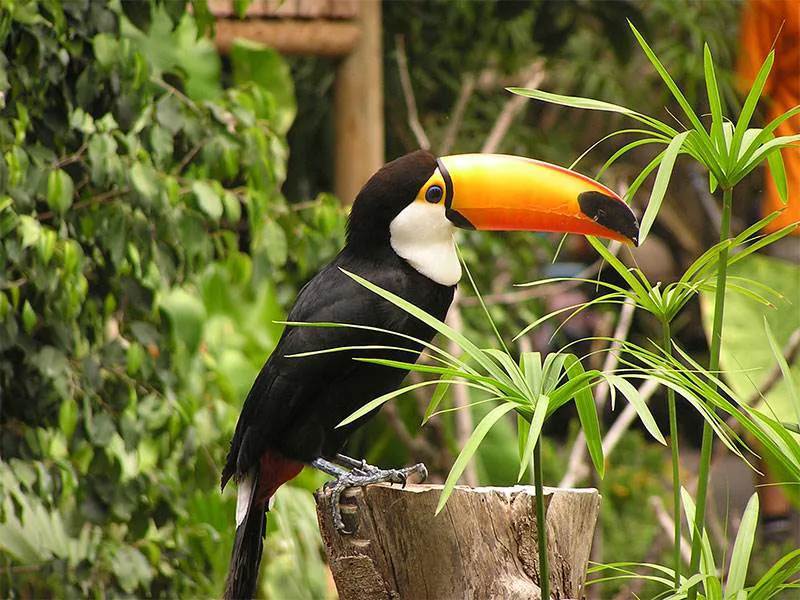
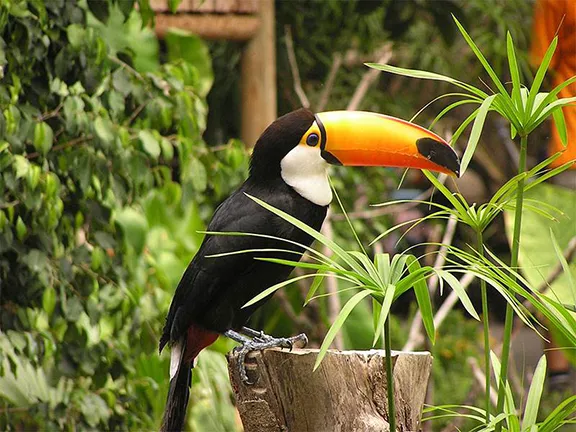
Toucan Fuengirola Bioparc
Using shrubs, trees and plants native to the Mediterranean and imaginative landscaping to produce hills and valleys, caves, streams, waterfalls and lakes, Biopark Fuengirola has created realistic simulations of areas of Madagascar, rainforests in Equatorial Africa, and tropical forests of Southeast Asia and the islands of the Indo-Pacific. Those areas have been populated by animals native to those habitats. In the centre of a bustling tourist resort, Biparc Fuengirola has established a benchmark for other Bioparcs in Europe. In doing so they have also produced a wonderful experience for visitors.
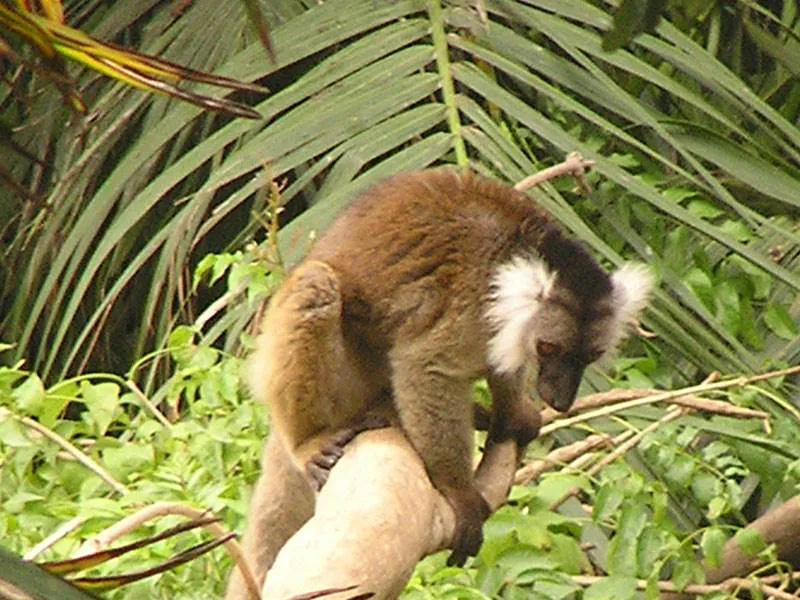
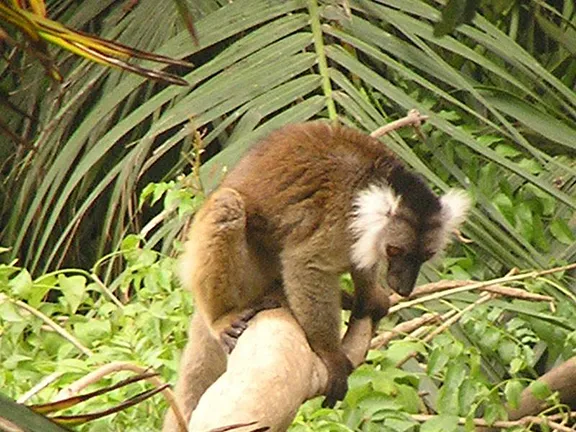
Lemurs in the Mdagascar Habitat
Unlike other zoos or wildlife parks, the visitor is encouraged to immerse themselves in each particular environment, become part of nature. Often the only divide between a human and a wild animal is a small stream or a path edge. Birds and species that live in the tree canopy have no barrier between them and the human visitor, only thin air. Animals that could be dangerous to humans are viewed from advantage points or, rarely, through glass.
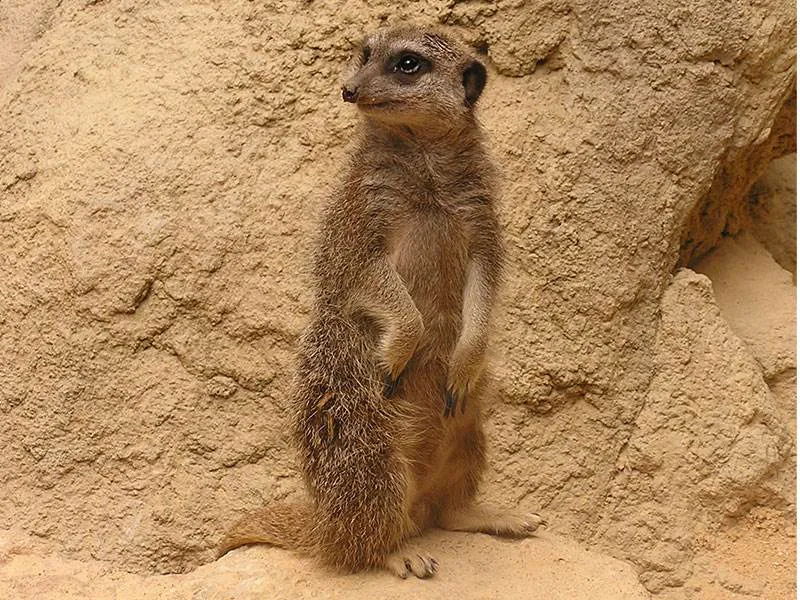
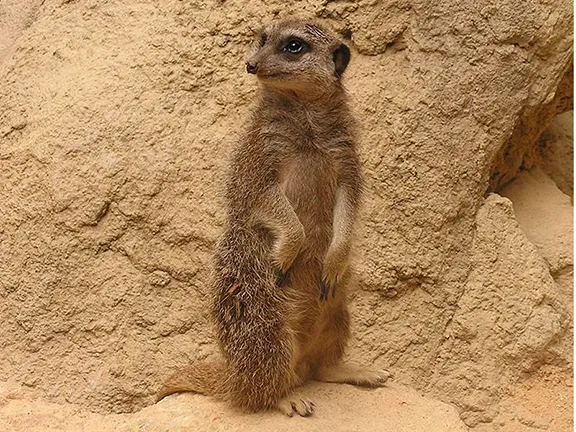
Meerkat being, well a meerkat
Each area can be considered a biosphere in that multiple species of animals live in the same habitat, just as they would in the wild. In Equatorial Africa, for instance, wetlands have been established where you will see waders, ducks and antelope. Fallen logs provide refuge for insects, reptiles and small porcupines. Herbivores move around on the forest floor.
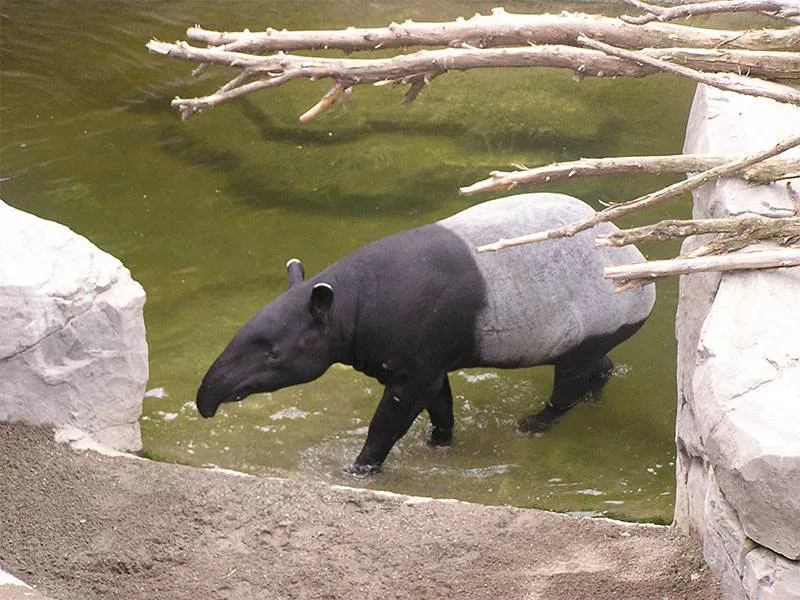
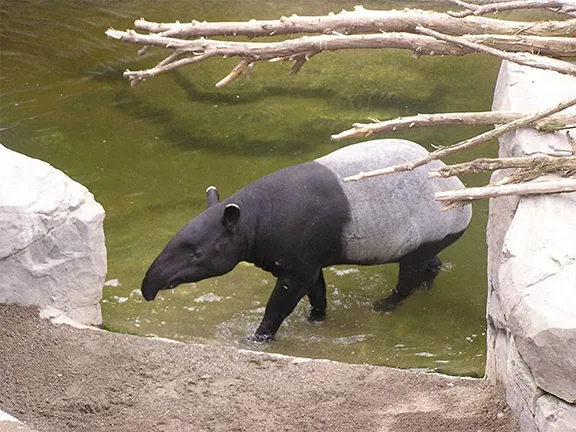
Tapir
Madagascar is famous for its lemurs. At Fuengirola, four of the more than 100 species are represented. They live in groups and share their habitat with other groups, and the visitors that are taken through their habitat by guides. These agile, shy creatures, with almost human facial expressions, fascinate children and adults alike.

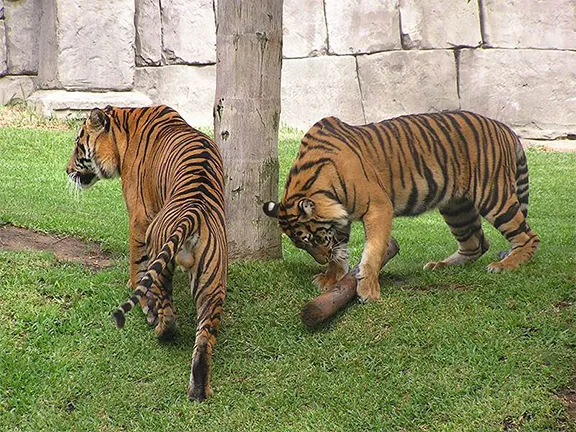
Tigers
Being in the centre of a town, surrounded by buildings, space, or the impression of it, has always been a challenge for Bioparc. In 1998, the company that runs Bioparc, Rain Forest S.L., obtained the concession for a zoo that had existed in Fuengirola for 40 years. They employed a team of architects, builders, sculptors, painters and gardeners to take down all the existing fences and buildings and build a world of rivers and waterfalls, caves, valleys, deep canyons and raised gardens to hide the surrounding adjacent buildings and create the individual habitats. It took the team two years before they could start to reintroduce the animals that had previously lived in cages.
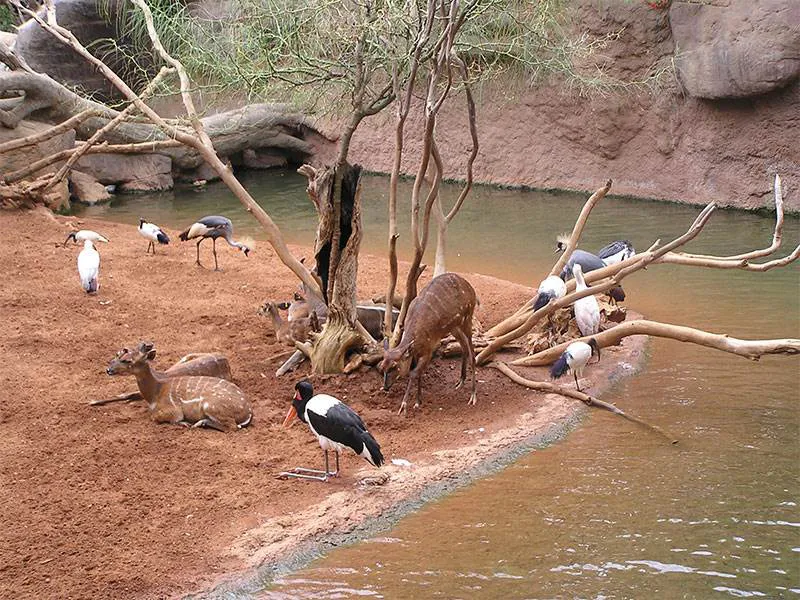
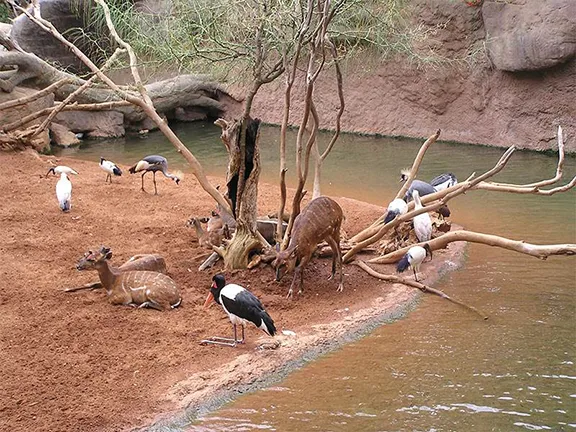
At the waterhole
One keeper recalls how the chimpanzees behaved when they were first released. ‘The day they went out to explore their new territory, their lives changed forever. For the first time, they walked on grass, played with plants, ran about and hid from each other. For the first time, they could behave like chimpanzees.’
In 2001 the new Fuengirola zoo, designated a Biparc in 2010, opened its doors and invited humans to join the animals.
For opening times and entrance prices of the Fuengirola Biopark, click here